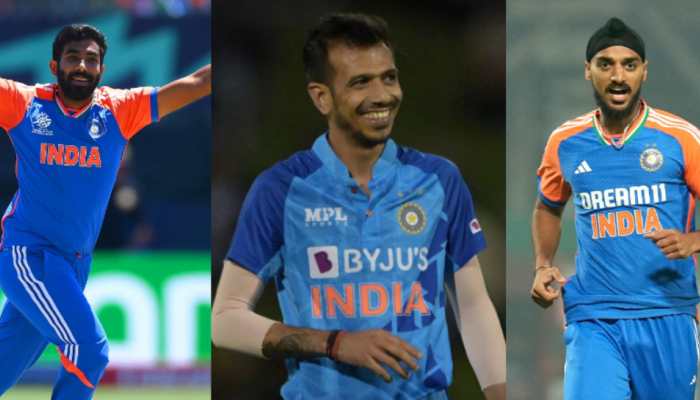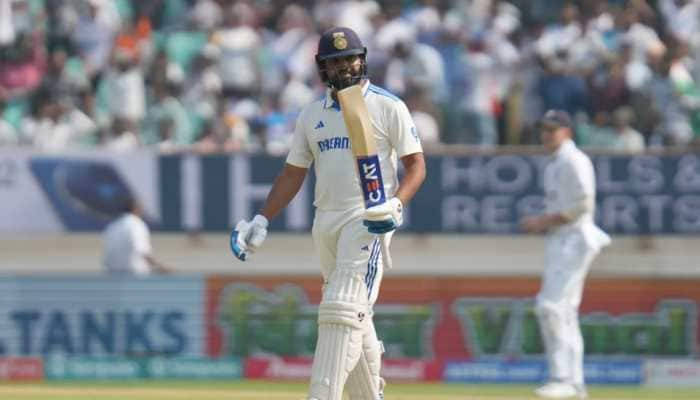`Were you hurt by comparison with General Dyer?` Here's how Army chief responded
The Jallianwala Bagh massacre took place on April 13, 1919, when non-violent protesters were subjected to unprovoked firing by the British Indian Army troops.
Trending Photos
)
New Delhi: Academician Partha Chatterjee had created an uproar when he compared Army Chief General Bipin Rawat with the notorious General Reginald Dyer of Jallianwala Bagh infamy. However, the Indian Army Chief on Thursday said he was unfazed by the description.
"See, I am an Army officer, just anything cannot affect me. You have to be prepared to face such.... People can misinterpret (comments made by him)," General Rawat told news agency IANS in an interaction.
The Jallianwala Bagh massacre took place on April 13, 1919, when non-violent protesters, along with Baisakhi pilgrims, were subjected to unprovoked firing by the British Indian Army troops, commanded by Colonel Reginald Dyer.
More than 1,000 people were believed to have died in the action, which left the nation in a state of shock and paved the way for widespread public rebellion.
The Bengali scholar had earlier this month penned an article titled “In Kashmir, India Is Witnessing Its General Dyer Moment” after General Rawat extended support for Major Leetul Gogoi over the human shield controversy in Kashmir.
"There is no need to react. He (Chatterjee) was trying to draw a reaction from somewhere else. It should not bother me," the General said.
Asked if he was not hurt by the comparison, he said: "Not at all".
He added that people should be left to judge.
"People are the best judges; majority's decision will be right," he said.
In his write-up, the scholar had cited General Dyer’s testimony before the Hunter Commission and compared it with Army Chief Bipin Rawat’s justification of Major Gogoi’s ‘innovative’ way of using human shield to counter the dirty war underway in Kashmir.
"There are chilling similarities between the justifications advanced for the actions of the British Indian Army in Punjab in 1919 and those being offered today in defense of the acts of the Indian Army in Kashmir," Chatterjee had written in his article.
Despite criticism, scholar Partha Chatterjee had said that he sticks to his opinion and will not change his opinion whatsoever.
Stay informed on all the latest news, real-time breaking news updates, and follow all the important headlines in india news and world News on Zee News.
Live Tv







)
)
)
)
)
)
)
)
)
)
